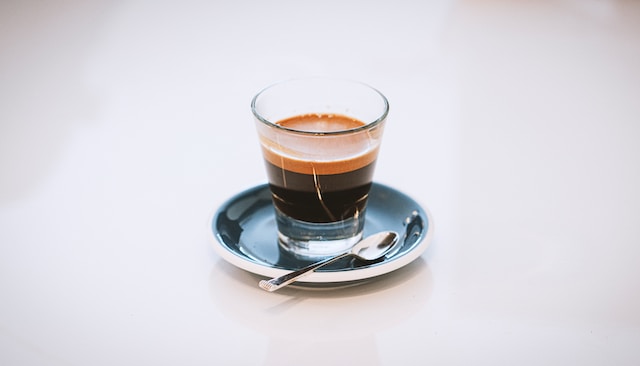You’ve just brewed yourself a fresh espresso shot, eagerly anticipating that rich, bold flavor, only to be met with a bitter taste that leaves your taste buds puzzled. Don’t worry; you’re not alone in this coffee conundrum. Let’s dive into the world of espresso and unravel the mystery behind that unwelcome bitterness.
Understanding the Basics
Before we pinpoint the reasons behind the bitterness, let’s review the fundamental steps of making espresso. Espresso is a concentrated coffee extraction created by forcing hot water through finely-ground coffee under high pressure. The process extracts both the desirable compounds that contribute to flavor and aroma and the less pleasant ones that can lead to bitterness.
Grind Matters
One of the primary culprits behind a bitter shot is the grind size of your coffee beans. When your coffee is ground too fine, it increases the surface area exposed to water during extraction. While this might sound like a good thing, it can lead to over-extraction, extracting bitter compounds from the coffee grounds.
Tip: Adjust your grinder to a coarser setting and observe the impact on the taste of your espresso.
Brew Time: Too Much of a Good Thing
In the quest for a strong espresso, you might be tempted to extend the brewing time. However, letting the water linger too long with the coffee grounds can over-extract, pulling out those bitter notes and overwhelming the nuanced flavors you’re aiming for.
Tip: Aim for a total brewing time of around 25-30 seconds. Experiment with adjusting the grind size to find your sweet spot.
Water Quality
The water you use in your espresso machine plays a crucial role. If your tap water is high in minerals or has impurities, it can affect the taste of your coffee. Minerals like magnesium and calcium can contribute to bitterness when present in excessive amounts.
Tip: Consider using filtered or bottled water to ensure a cleaner, more balanced extraction.
Coffee Freshness
Coffee is at its peak flavor within a few days to a couple of weeks after roasting. As it ages, it becomes more susceptible to bitterness. If you’re using older coffee beans, they might not deliver the vibrant and balanced taste you’re expecting.
Tip: Invest in freshly roasted beans and store them in an airtight container to maintain their flavor for as long as possible.
Temperature Troubles
The temperature at which your espresso is brewed matters. If the water is too hot, it can lead to over-extraction and bitterness. On the other hand, if it’s too cold, you might end up with an underwhelming, sour shot.
Tip: Check your espresso machine’s temperature settings and make sure it falls within the optimal range of 195°F to 205°F (90°C to 96°C).
Clean Machine, Happy Espresso
A neglected espresso machine can be a breeding ground for bitter flavors. Residual coffee oils and mineral deposits can accumulate, tainting the purity of your shot. Regular cleaning and maintenance are essential.
Tip: Follow your machine’s cleaning instructions diligently. This simple step can significantly impact the taste of your espresso.
In Conclusion
Unraveling the bitterness in your espresso shot involves a bit of experimentation and fine-tuning. By paying attention to your grind size, brew time, water quality, coffee freshness, brewing temperature, and machine cleanliness, you’ll be well on your way to enjoying a consistently smooth and flavorful espresso. Keep adjusting, keep sipping, and let your taste buds guide you to the perfect shot. Happy brewing!


Leave a Reply